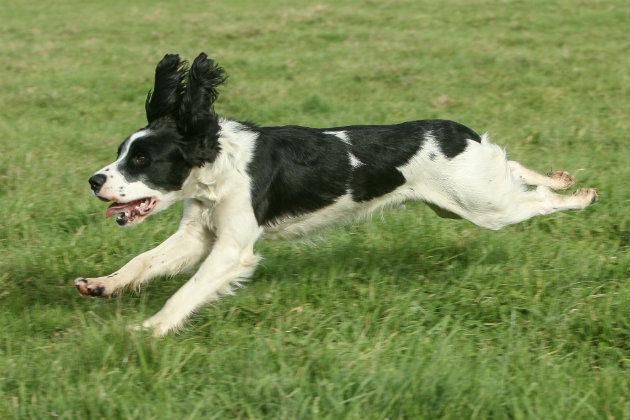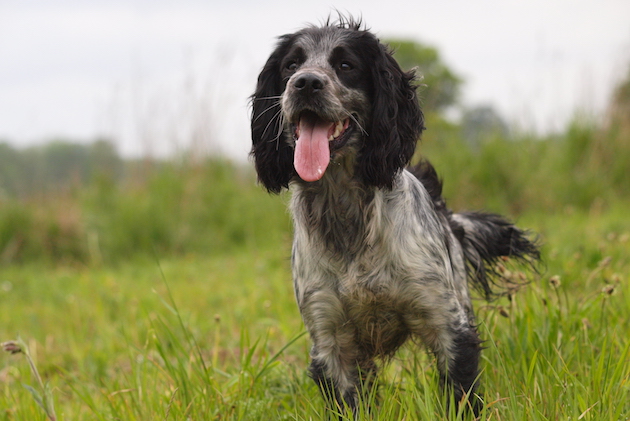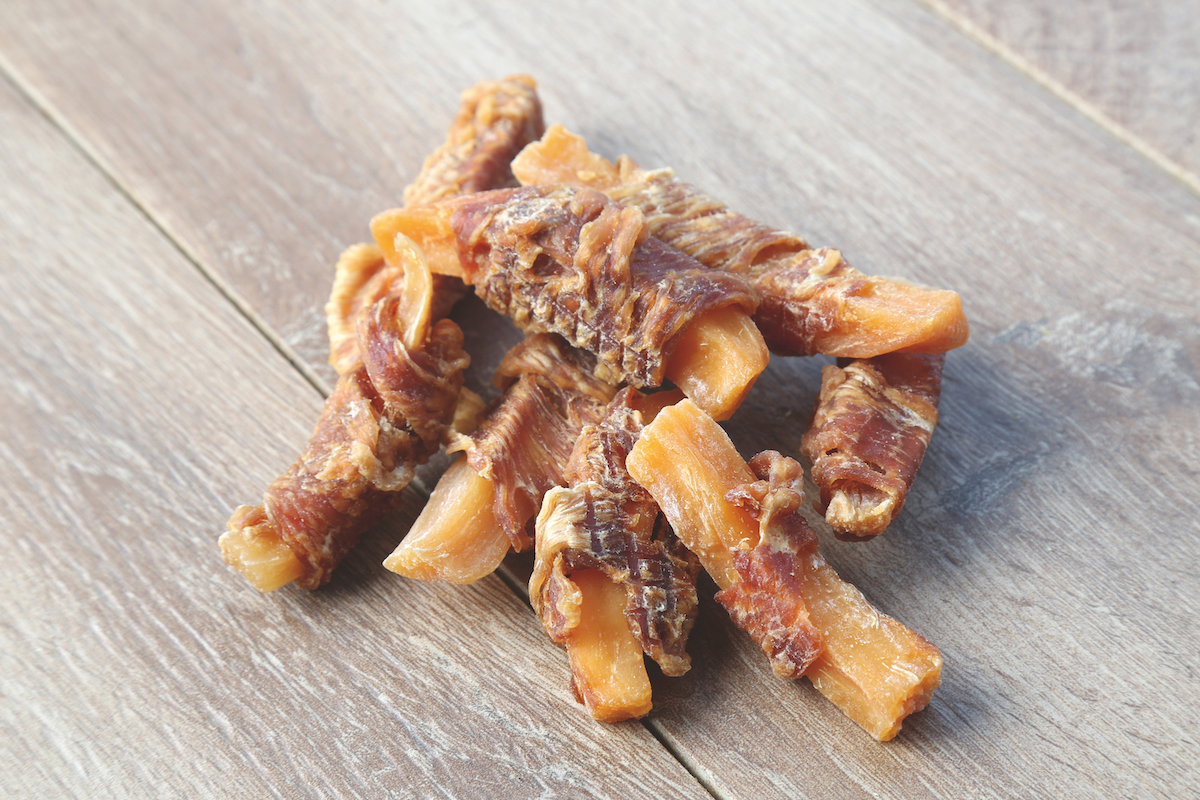Why has my young sprocker lost form?
A reader is concerned about the change he has noticed in his sprocker youngster. Our vet advises ...

Q: My three year old sprocker spaniel had a good summer, even though she failed to conceive after two matings. Since the season started she has been beating with me three days a week and she just looks lacklustre. By early afternoon she is usually walking at my side.
A: Presuming you feel she should be fit enough, it is important to try and separate this problem into two issues – medical and management. The former will clearly require some veterinary input. The latter, some thought and detective work on your part.
Just why is the “sprocker spaniel” becoming so popular?
Sprocker spaniels – the lowdown Sprockers have masses of energy and need to be kept busy They are intelligent dogs…
A day in the life of a working sprocker
Every Monday starts full of excitement and anticipation. I watch as the curtains are opened, praying for good weather. Sometimes…
Medical
A large number of canine medical conditions can cause the loss of form that you describe.
- Even in a young bitch, womb problems, such as endometritis, can result in a vague malaise that is difficult to diagnose. Often, affected bitches have a poor appetite, an increased thirst and occasionally they vomit.
- Any vaginal discharge should be reported to your vet.
- A non-invasive ultrasound scan, coupled with routine haematology, can be diagnostic.
- Heart and respiratory conditions are usually indicated by coughing, breathlessness and exercise intolerance. Any coughing dog should be isolated and rested.
- Monitoring the resting respiratory rate is a good way to assess your dog. After being at rest for 10 minutes, count the rate for 30 seconds and double it. Normal rates are around 20 or less. Any continuing increase deserves investigation, as does a persistent rate over 30.
- Heart issues can give a blue tinge to gums, while respiratory infections cause red congestion.
- Complicated blood disorders, such as auto immune haemolytic anaemia, are not uncommon in spaniel breeds. Affected dogs have pale gums, sometimes with little haemorrhages called petechiae. The urine is often very dark. In my experience, fit working dogs present late in the condition, so any change in gum colour should be a warning.
- It is clear that monitoring gum colour before, during and after exercise is worthwhile.
- Orthopaedic conditions generally present as lameness but this may not be obvious if the condition is bilateral.
- Beware the elbow joint in spaniels! Problems here are characterised by pain on full extension of the joint and on palpation of the inside of the bone. Dogs that are stiff for the first few steps after being at rest deserve treatment!
- Abnormalities of the adrenal glands (Addison’s Disease and Cushing’s Disease) and the thyroid (hypothyroidism) can produce vague symptoms. Any collapsing dog deserves veterinary attention but look out for changes in thirst, body shape, hair-loss (especially if bilaterally symmetrical) and lethargy. Specific blood tests can confirm.

Seasonal activities, such as beating, pose a dilemma for owners
Managing sprocker spaniel diet
- Seasonal activities, such as beating and picking-up, pose a dilemma for owners. During the off season, care must be taken to limit calorie intake to prevent weight gain and dogs must be kept fit. When the fun begins, exercise suddenly increases dramatically and this puts considerable strain on the digestive system.
- Some diets are not calorie dense enough to provide sufficient energy. The working dog, who has a limited window of opportunity to actually safely eat, is not able to consume enough of the ration to cover its needs. Pretty soon the shortfall results in weight loss and poor performance. Running out of steam half way through the day is common.
- There are two ways to approach the issue. Firstly, a diet with an improved digestible energy content should be used. This may be achieved by changing from cereal based to animal derivative foods. Some manufacturers make “working dog” diets, which should fit the bill and have the benefit of being VAT free. Secondly, feeding an additional meal or “treating” throughout the day can help considerably.

A working dog’s diet must be calorie dense enough to provide sufficient energy
Parasite problems
- Last, consider your plain old parasites. Most people worm puppies but, as they become adults, treatment can be forgotten.
- Tapeworms, roundworms, fleas, lice and ticks can all suck considerable goodness out of your dog, especially if she is already under duress from starting to work hard.
- Effective treatments (please speak to your vet about recent advances) are simple and, in the run of things, unbelievably cheap.
- Don’t forget lungworm, which is spread by snails, and can cause respiratory and clotting disorders. Prevention is far better than cure. Monthly tablets or spot-ons do the job nicely.
I do hope your bitch is soon a little more up-beat.










